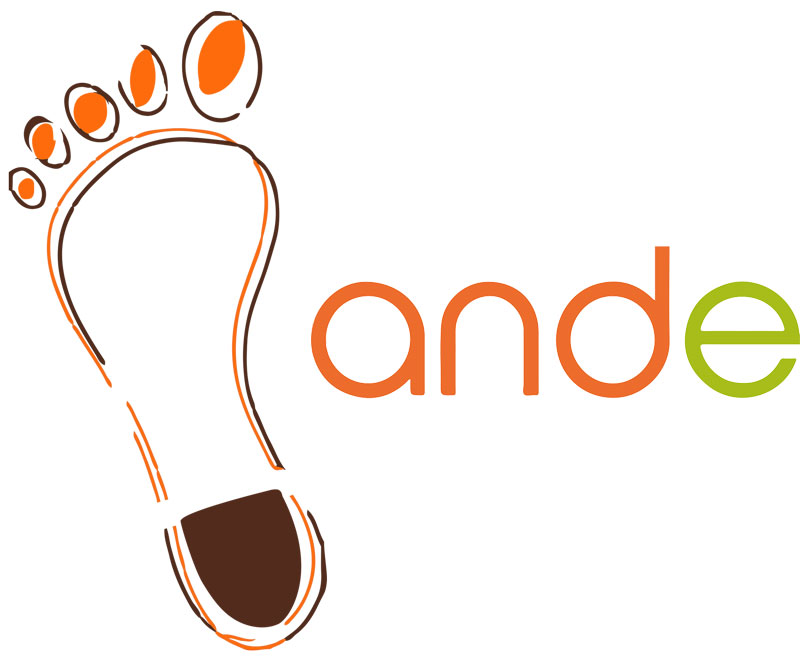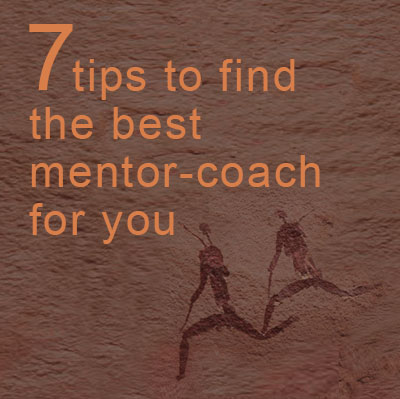There is a big difference when it comes to build trust across cultures. Not being aware of this can put a business relationship in jeopardy.
You are a reliable person. Friends and colleagues trust you. Your reputation precedes you, and now you are getting ready to expand your business elsewhere, far from your inner circle and comfort zone. You might be a coach, a businessperson or a manager representing a company. You know the business, product/service and have an outstanding reputation.
Last week you had meetings with Dutch business people you are considering as business partners. Arriving from New York on your way to Dubai, you met at their offices. After short introductions conversation went straight to talking business. Ideas, numbers, ROI’s flew all over the room. You had a quick lunch – most probably, sandwiches, milk and orange juice/thee or coffee. At the end of the day, you left satisfied with the information exchanged and the promise of the Dutch to continue the conversation with you.
Next day you are in Dubai, with the same presentation you had for the Dutch. You are confident as you were able to fine-tune it based on the discussions with the Dutch people. What can go wrong? You have planned to stay for one day before flying to your next destination.
In Dubai, you get to hear that the first meeting will start at 10 am – you get worried as you have scheduled a flight outbound the same evening. The company sends their driver to pick you up, and you are cordially greeted at the reception. They show you in a large, luxurious room with an incredible view over Dubai. A selection of coffee, teas and sweets are served, all in the most beautiful dishes. Your hosts arrive with a warm welcome and big smiles. They are interested in knowing about life in the USA, New York, and your family. They also ask questions about personal issues like family, sports, and hobby, and are your children studying at the university and what. By then it’s noon and your host announces they are taking you out for lunch. They decide to take a long way, so you get the chance to see some of Dubai. Around 2 pm coffee is served and you start, again, steering the conversation toward business. That is the only reason why you came to Dubai.
By 4 o’clock you are more than irritated as you only have two more hours before leaving for the airport, so you press for business conversations to start. Your hosts are polite and let you start your presentation. They show interest, ask several questions, but mainly they listen. By the end of the day, though you have the promise they will continue the conversation with you, you have very mixed feelings, as well.
A week after your return no news from the Netherlands nor The United Arab Emirates. The silence on the Dutch end puzzles you as they were very engaging. You call the Dutch counterpart and get to hear they have been discussing the proposal, are very interested but need some time to get a consensus. They will reach out in a couple of days.
You then call Dubai and get the lovely secretary of your Emirati counterpart. She tells you she will inform her boss you called and a phone call will be scheduled. By now you most probably feel like you lost two precious weeks.
What you do not know is that the Dutch have the tendency to make decisions in a consensus way, also known as the “polder model.” Everybody has a say and decisions are made after many, many meetings, discussions and creating a sense of universal agreement. Meetings are team-oriented, with or without the participation of senior management. After the team has made a decision, upper management will be informed, and the final decision will be reached. Once a decision is made, they will not back down.
In Dubai, one of the 7 Emirates states, small talk and politeness is more than just courtesy, it’s a non-intrusive way of finding out whether someone would be a suitable business partner, and can you be trusted? Also, business is mainly kept within the families. Therefore the family is involved in any decision-making process. Before talking about business, people need the chance to get to know each other, on a personal level. Once you have been accepted in the business, you will become a member of the family.
With the Dutch you might or not get down to business, but they will keep their word and call you within a couple of days. With the Emirati counterpart, if they got the feeling you are to be trusted they will be willing to spend more time and money to get to know you. If on the contrary, they have too many questions you might never hear from them again.
In The Netherlands, decisions are often made by how they “think” about the business. Hard facts, numbers, opportunities and money. People and business proposals are measured by skills, accomplishments, respect, and knowledge. In Arab countries, decisions are mainly made by how it “feels,” empathy and sympathy are the deal makers or breakers.
Do you trust with your head or with your heart? There is a big difference between cultures when it comes to building trust, and not understanding that can put a business relationship in jeopardy.
Trust is an essential element in any relationship. Once it is lost, it is very hard to rebuild. A workplace based on trust is more productive; people are engaging in healthy relationships and building a supportive environment. Communication is the skill you most need when building trust (also when you need to repair it). With a trusting environment, you have more commitment, honesty, and integrity.
Trust is not about “aligning your interests and increase the likelihood that the other person will honor his commitments.” Trust is about building a relationship where both parties are equal, is about the well-being of both sides, it is about commitment, connection, and respect.
How do you build trust?
To build trust, it needs to come from you. You have to want it and give it; your communication needs to be open and transparent. Be willing to share the decision-making process and take accountability seriously. Do not blame others, but assume the responsibility when it belongs to you. Be interested in the people you are dealing with, get to know them. Above all be consistent.
Three tips creating trust for business people
Trust is the base of doing fruitful and lasting business, no matter where you are. Creating trust is done differently across cultures. If you want to be successful, be willing to create relationships first. Once trust is broken, it will most probably never be the same.
Here three tips when doing business across cultures:
- Prepare yourself before connecting with people of cultures you are not familiar with.
- See and listen. Be prepared to follow your host hints on local etiquette.
- Be patient and willing to be wrong.
Three tips creating trust for coaches:
Creating trust is one of the core competencies of a coaching relationship: is the ability to create a safe, supportive environment that produces ongoing mutual respect and trust.
- Take time to understand your client’s background and expectations
- Know your biases; they might get in the way of saying/doing something your client might interpret differently
- Be authentic, create space and time to connect with the client. There is always enough time to start the coaching session.
You may also like
How culture is impacting your coaching sessions
Networking across cultures can be a deal breaker, but you got to play it right



 Edmée is a Professional Certified Coach (PCC) and a Certified Mentor Coach with over 15 years of broad international experience supporting coaches to prepare for ICF certifications and individuals with their personal growth. Her trademark course
Edmée is a Professional Certified Coach (PCC) and a Certified Mentor Coach with over 15 years of broad international experience supporting coaches to prepare for ICF certifications and individuals with their personal growth. Her trademark course